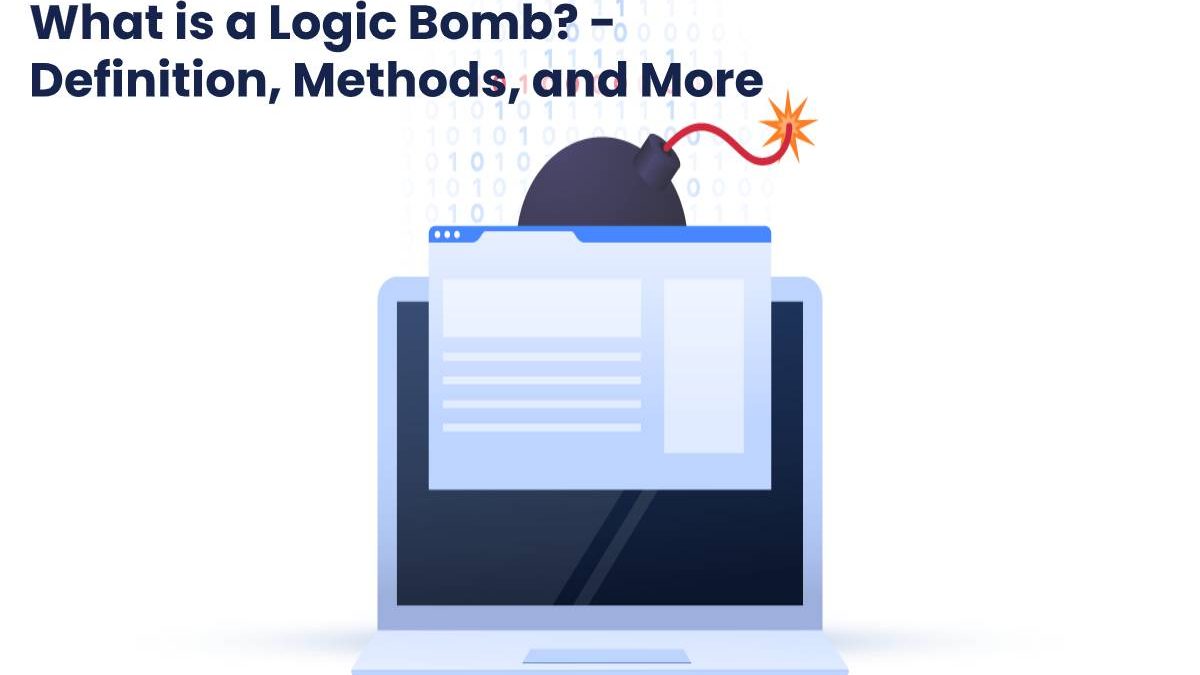Table of Contents
Logic Bomb Definition
A logic bomb is a computer program part that certain after the occurrence ( logical ) conditions harmful action triggers.
Analogous to the time bomb, the name derived from the type of “ignition.”
Triggering conditions can include reaching a specific date or the absence of a particular file.
Logic bombs, like computer viruses, worms, and Trojan horses, are malware and are often combined with them.
What is the Working Method of Logic Bomb?
Logic bombs are among the oldest and simplest malware representatives and were used even before the first computer viruses. A logic bomb consists of two components:
- a sufficiently specific condition.
- an explosion, d. that is a harmful action.
The condition can e.g., For example, the arrival of a specific date, the absence of a particular file or the execution by one particular user.
Some logic bombs activated on a specific date, such as on Friday the 13th or April 1st. Such logic bombs also called “time bombs.”
Logic bombs always contain an (unknown) harmful function in the software for the user.
How does Logic Bomb works and spreads?
- Logic bombs, in general, are small pieces of source code that usually include in other applications sent to the victim.
- So that the end-user does not realize that he has been infected since at Being completely inactive can go unnoticed by some security systems.
- Once stored in the victim’s computer, these pieces of code wait for the execution time to be fulfilled.
- The task for which the logic bomb destined is left leaving the user virtually defenseless before the attack logical that takes place on your PC.
How to avoid Logic Bomb?
- Most of the time, logic bombs are created by internal company personnel who, due to some discontent, leave this type of destructive software.
- As a rule, you should restrict write permissions on computer hard drives (if having Linux), or perform a full review of the use that users give to the PC.
- Another way to avoid logic bombs is by not accepting programs, applications.
- And also, ignore the documents from people we don’t know or who send attachments that we have not requested.

